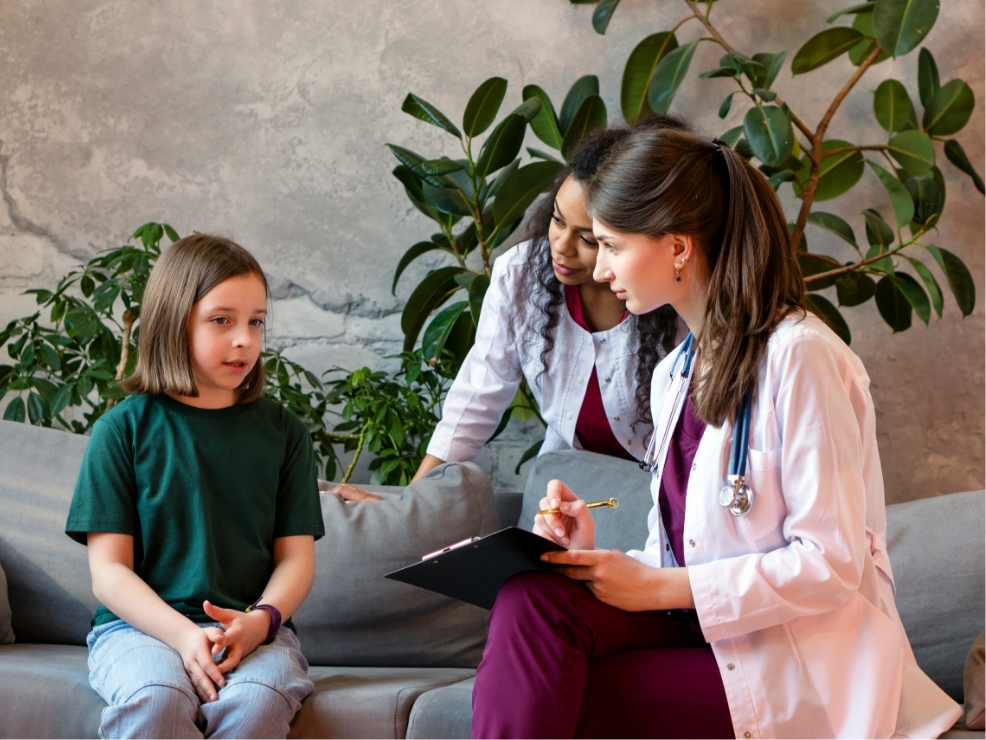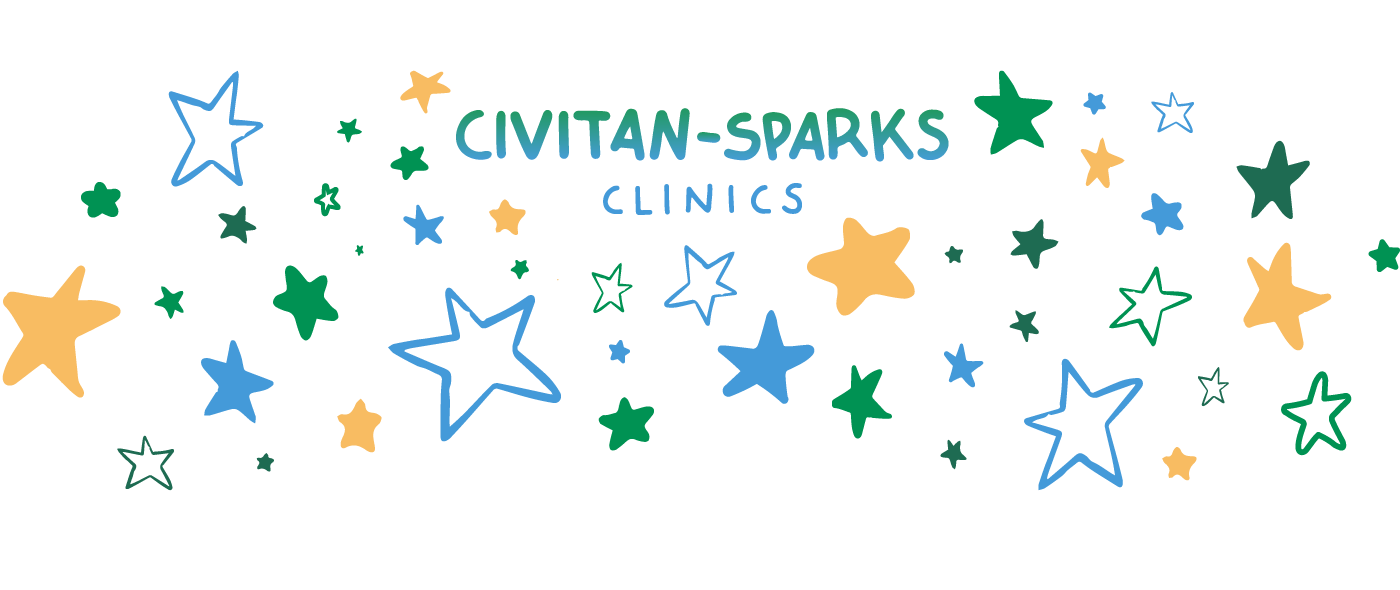Providing care for more than 45 years
As part of the Division of Developmental-Behavioral Pediatrics within UAB's Department of Pediatrics, we offer a wide range of services including evaluation, consultation, primary care, and dental services. Our dedicated team of specialists collaborate to provide personalized care in a nurturing, family-centered, and culturally-sensitive environment.
Developmental Clinics Pediatrics Primary Care Clinic Dental ClinicDevelopmental Clinics
Our dedicated team of specialists collaborate to provide personalized care in a nurturing, family-centered, and culturally-sensitive environment.
Learn More

